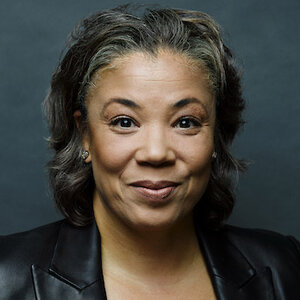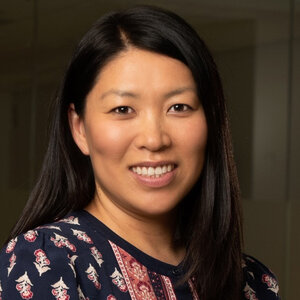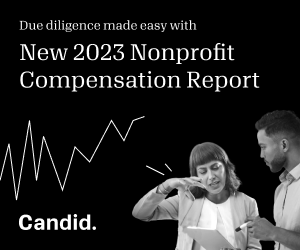To change the South, we must invest in the South

Advocacy leaders often say, “As the South goes, the country goes.” If that adage is true, donors have a lot to do to support communities in the South and, in turn, across the nation. The South is home to the highest concentration of Black people, and many are struggling. Those of us seeking change nationwide must begin by investing in the South. The funding must be consistent, and it must be patient.
Consider my home state of Tennessee, which many people assume is a red state. But Black people don’t necessarily need a state to be red or blue; we need it to be fair to Black people. Fair means ensuring that all people have access to quality health care, affordable child care, equitable education, and opportunities to thrive. It means ensuring that all eligible voters—regardless of their race—can vote and have their vote count. It also means questioning and challenging all laws and policies that limit Black people’s right to vote.
If funders, donors, and others want change, they must fund our communities adequately and consistently. Instead, they tap in and out depending on candidates’ popularity rather than the community’s needs. In other instances, they can be reticent to engage in places ostensibly considered red states. But there is no hope for reversing the tide without sustained investment.
Truly changing the tide down here would mean that Black and brown folks and those of low income would have full ability to lean into their power. Historically, those who hold power have ousted people of color and sought to strip away their voice and agency. We have seen that in Tennessee—and other states—with the removal of Black voters from the voter rolls via voter purges.
In another example, Justin Jones and Justin Pearson, Black legislators representing Memphis and Nashville, were expelled from their positions for protesting yet another mass shooting, while the white third member of the “Tennessee Three” remained in her position. While Jones and Pearson were later reinstated, they lost committee assignments, cannot vote, and are living under a microscope. They are legislators in name only, meaning they lack other legislators’ power—power that could benefit their constituents.
Let’s be clear. Our communities don’t need empty promises, denials of racism, or reactionary efforts from the legislature. We need stronger infrastructure and an equal playing field. That would require each of our systems to work equitably for all. In Tennessee, that would look like broadband access for rural communities, better roads, improvements in our education system, and enabling people to adequately support themselves and their families. It would look like the re-enfranchisement of individuals with felony convictions who have lost their right to vote.
Many may respond by lamenting the system of white supremacy that makes the status quo possible. But if funders and donors are not supporting the resurgence that our communities need, even they are culpable. Without ensuring that the grassroots groups that are pushing back on the challenges our communities face are well funded, funders and donors are missing the point. Grassroots groups are the first line of defense, and they must be funded as such. That includes funding to develop organizers but also funding to canvass and engage with our communities. Instead, too many political operatives expect our communities to donate their time. They are asking marginalized folks, many of whom are in deep poverty, to do something that they themselves—as paid operatives—would not do. Funders cannot work inside systems that keep people in poverty and then think that change will magically happen.
Yes, the long game of policy change is needed. Resources, connections, and direct services are vital. And people need to be compensated for their time and efforts today. No one should feel comfortable asking people living in poverty to work for free. They need to live and eat like anyone else. We shouldn’t expect folks within the very communities in which we’re working to uplift and give time and energy without adequate compensation. Electricity bills don’t pay themselves.
At my organization, Memphis Artists for Change, we always want to be funded such that we can financially compensate those who help us work with us. There are so many grassroots groups who are doing the work and simply need to be funded.
One thing is clear: The system of oppression is fully funded. The work of liberation must be funded as well. Until that is the norm, funders and donors can’t truthfully say they respect our communities or even claim that their best interest is central to our missions.
Tameka Greer is executive director of Memphis Artists for Change and a member of the Black Southern Women’s Collaborative.








Building equity and justice: An alternative model for grantmaking for environmental organizations